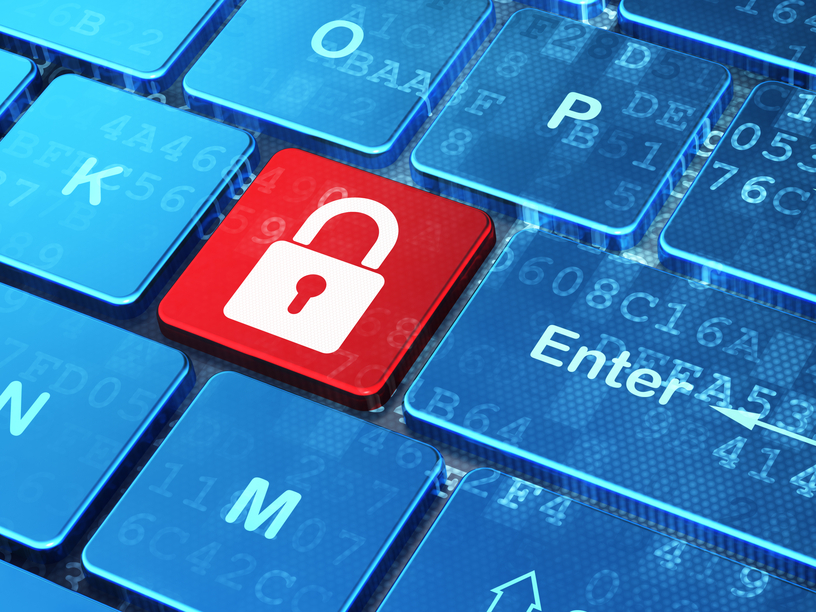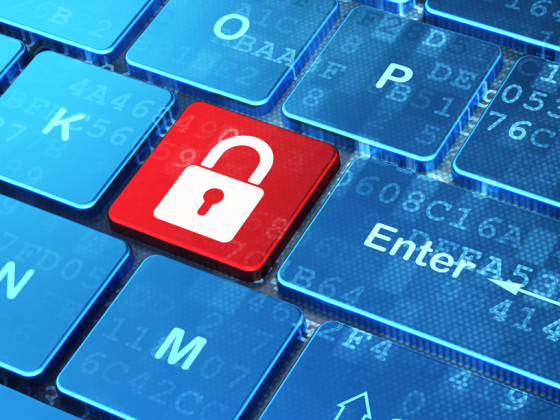Government apps use Apple and Google, ‘driving millions to US big tech’: FD


Government apps are only available to people who are Google and Apple clients excluding those who wish to use or offer alternatives and therefore promoting unfair competition, experts have told the Financieele Dagblad.
Government online services, such as the tax office and social benefits agency UWV, can only be safely accessed by people who agree to the Google or Apple account terms and conditions.
Those who don’t want to have to contend with a less safe environment or functionality or are left to deal with the services by mail, a number of government ministries confirmed to the paper.
The government is driving millions of citizens into the arms of the American tech giants, director of privacy watchdog Privacy First Vincent Böhre told the paper. ‘It’s absurd people are being forced to use Apple or Google. There must always be alternative means,’ he said.
There are, for instance, no alternatives for the impending corona passport app, leaving non-users with proof of vaccination on paper, a health ministry spokesman said.
Meanwhile Logius, the government company behind DigiD, the app with which to access a host of government services, is phasing out its less safe sms log-in system in favour of Apple and Google too, the FD found.
The fact that the government is opting for Google and Apple exclusively is surprising, seeing that the EU is trying to limit European dependence on American tech companies and is investing in European alternatives, the paper said. It has also fined the companies for abuse of power several times.
Standards
However, Logius told the FD the standards of safety of other providers are not good enough, while the ministries said that 99.2% of all smartphone users are either Google or Apple clients anyway.
But that attitude, critics said, is only perpetuating the problem. Other safe Google-free Android based alternatives are available, such as the international standard U2F which uses a USB stick for logging in.
Both Logius and the health ministry said they were looking into allowing safe alternatives to access their services. However, draft legislation to make this possible has stranded, because it did not comply with the senate’s demand for a completely public source code. It will take approximately a year before the proposal will become law.
But Bart Jacobs, professor of cyber safety at the Radboud University and involved with IRMA, an alternative to DidiD, said the delay is not a legal impediment for allowing more privacy friendly systems to operate.
Thank you for donating to DutchNews.nl.
We could not provide the Dutch News service, and keep it free of charge, without the generous support of our readers. Your donations allow us to report on issues you tell us matter, and provide you with a summary of the most important Dutch news each day.
Make a donation